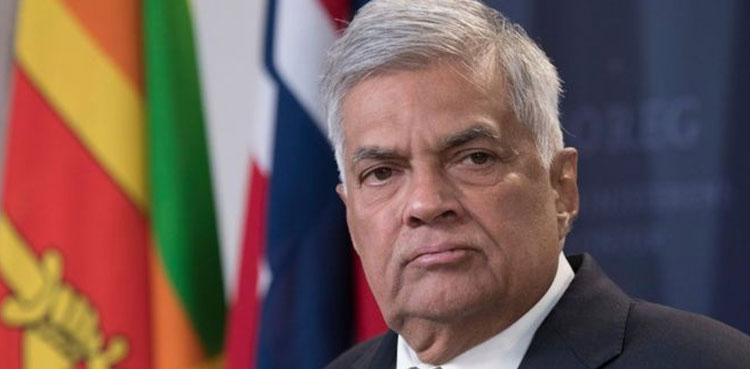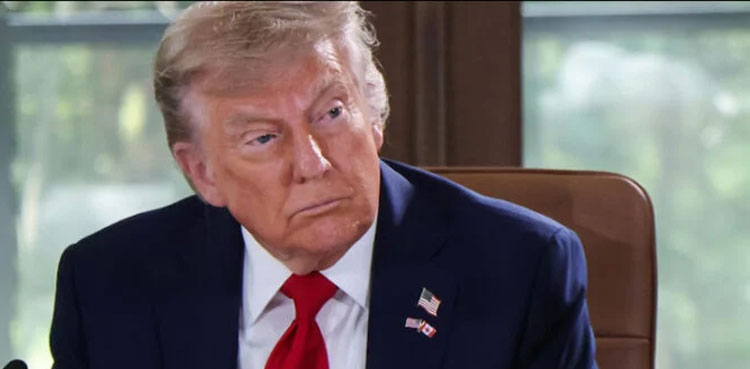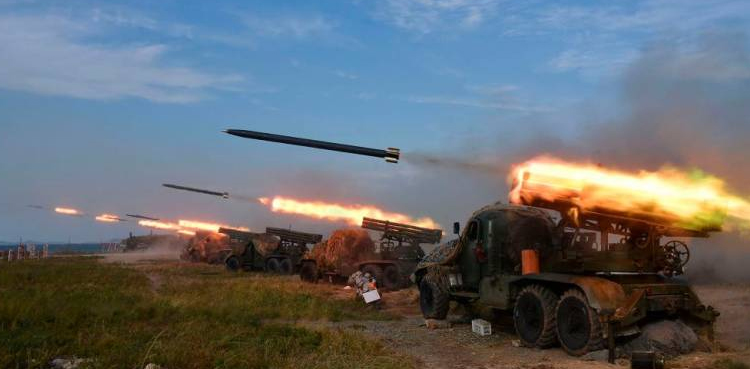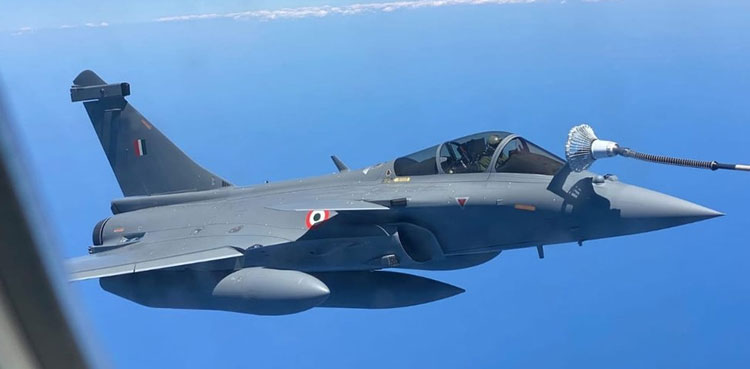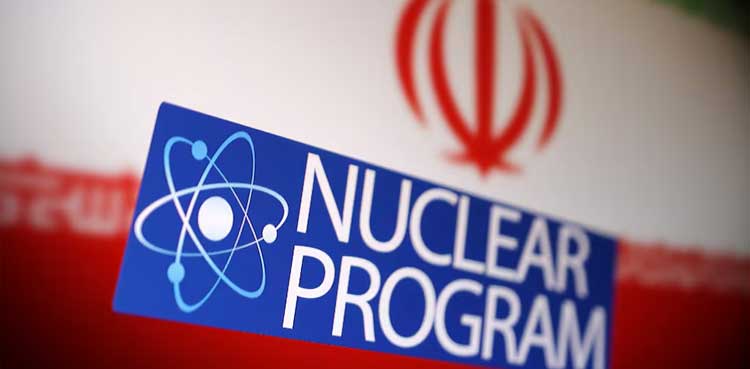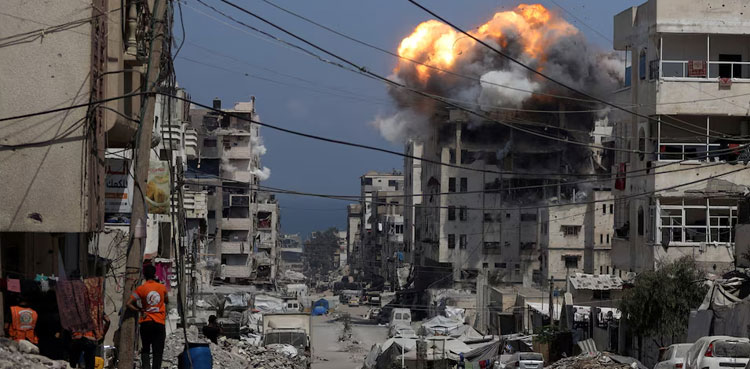COLOMBO: Opposition parties in Sri Lanka accused on Saturday the government of jailing the country’s former president over fears he could return to power.
Former leader Ranil Wickremesinghe, 76, who lost the last presidential election in September to Anura Kumara Dissanayake, was remanded in custody Friday on charges of misusing state funds for foreign travel.
Anti-graft units have ramped up investigations since Dissanayake came to power on a promise to fight endemic corruption in the island nation, which is emerging from its worst economic meltdown in 2022.
Nalin Bandara, a member of parliament for the main opposition Samagi Jana Balawegaya (SJB) party, who visited Wickremesinghe at Colombo’s New Magazine Prison, said the former leader had called for unity to challenge Dissanayake’s leftist administration.
“What the former president says is that we should get onto a common stage to fight the oppression of the new government,” Bandara told reporters outside the prison.
Wickremesinghe’s own United National Party (UNP), which has two seats in the 225-member parliament, said the government felt threatened by the former president.
“They fear he might return to power, and that is why this action,” UNP General Secretary Thalatha Athukorala told reporters in Colombo.
Wickremesinghe stands accused of using state funds to finance a private visit to Britain in September 2023, while returning from attending the G77 summit in Havana and the UN General Assembly in New York.
The offences carry a maximum punishment of 20 years in jail and a fine not exceeding three times the value of the misappropriated funds.
His two-day UK visit was to participate in the conferring of an honorary professorship on his wife, Maithree, by the University of Wolverhampton.
Wickremesinghe has maintained that his wife’s travel expenses were met by her and that no state funds were used.
However, the police Criminal Investigation Department alleged that Wickremesinghe used 16.6 million rupees ($55,000) of government money for his travel.
Wickremesinghe became president in July 2022 after then leader Gotabaya Rajapaksa stepped down following months of street protests fuelled by the economic crisis.
He later secured a $2.9 billion bailout from the International Monetary Fund (IMF) in early 2023, doubled taxes and removed energy subsidies to stabilise the economy.
Since the new government came to power, two former senior ministers have been jailed for up to 25 years for corruption.
Several members of former president Mahinda Rajapaksa’s family have also been charged with misusing state funds and are being prosecuted. Many of them are currently on bail pending court hearings.
Dissanayake’s government this month impeached the police chief after accusing him of abuse of power. The prisons chief was also jailed for corruption.
